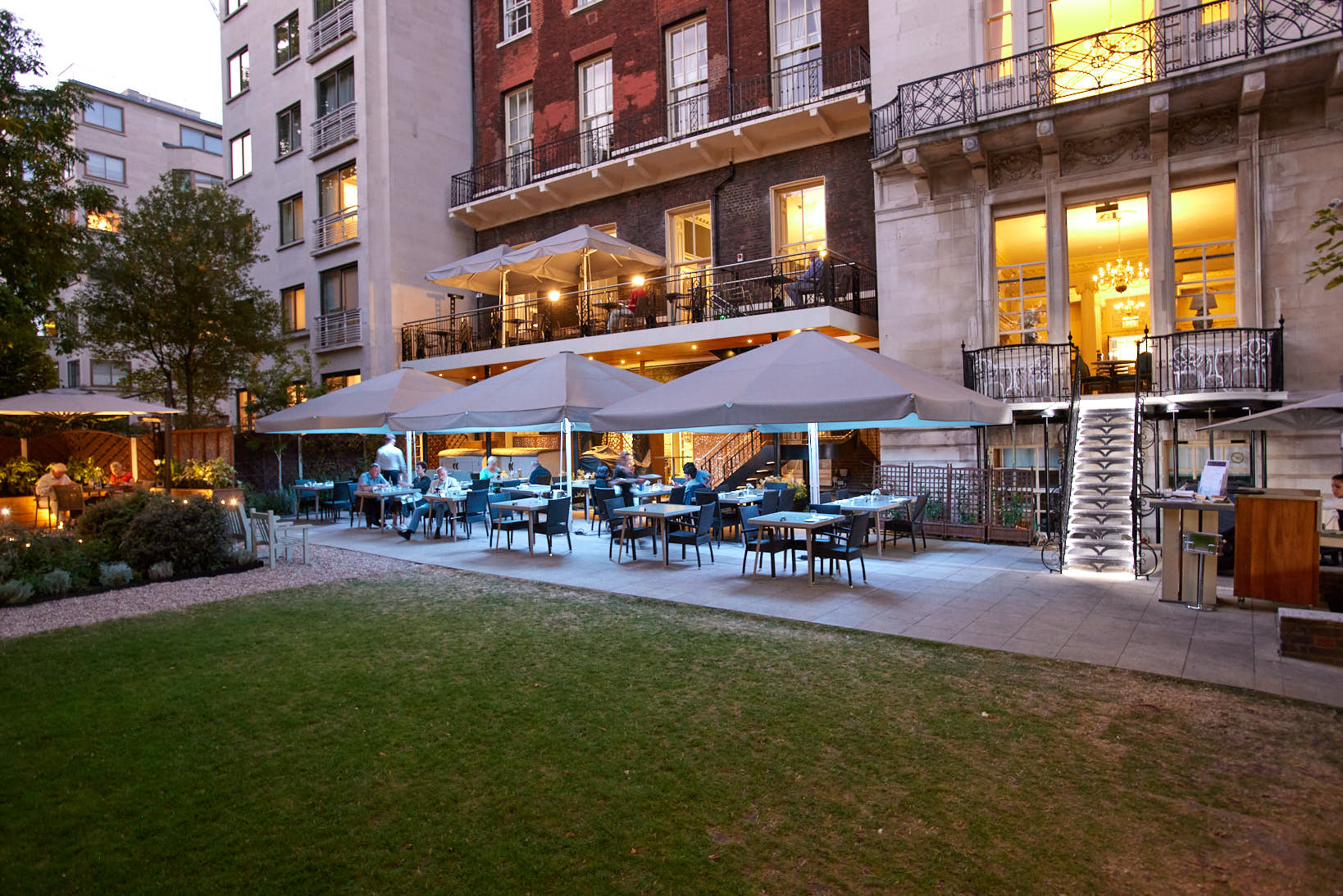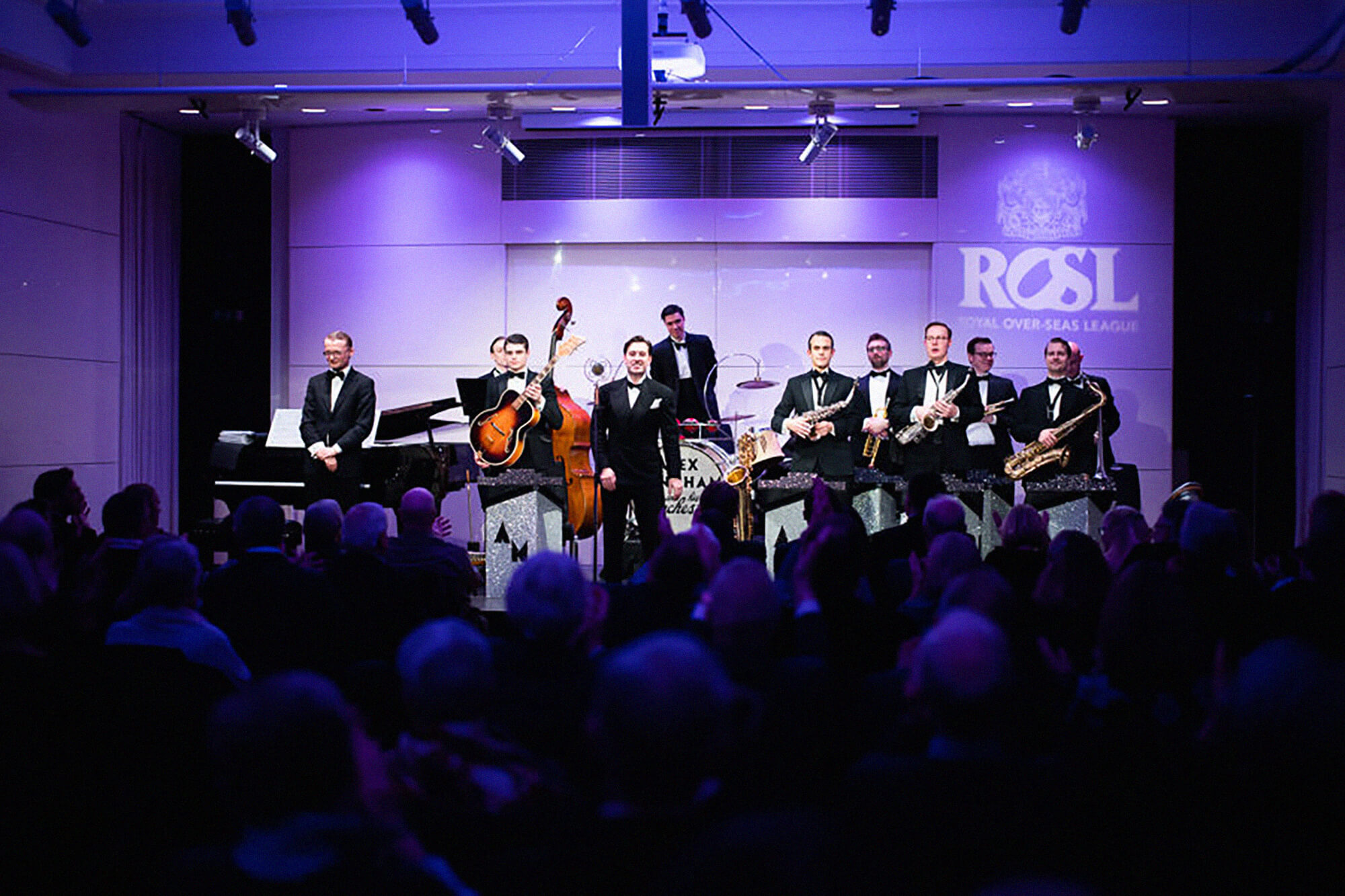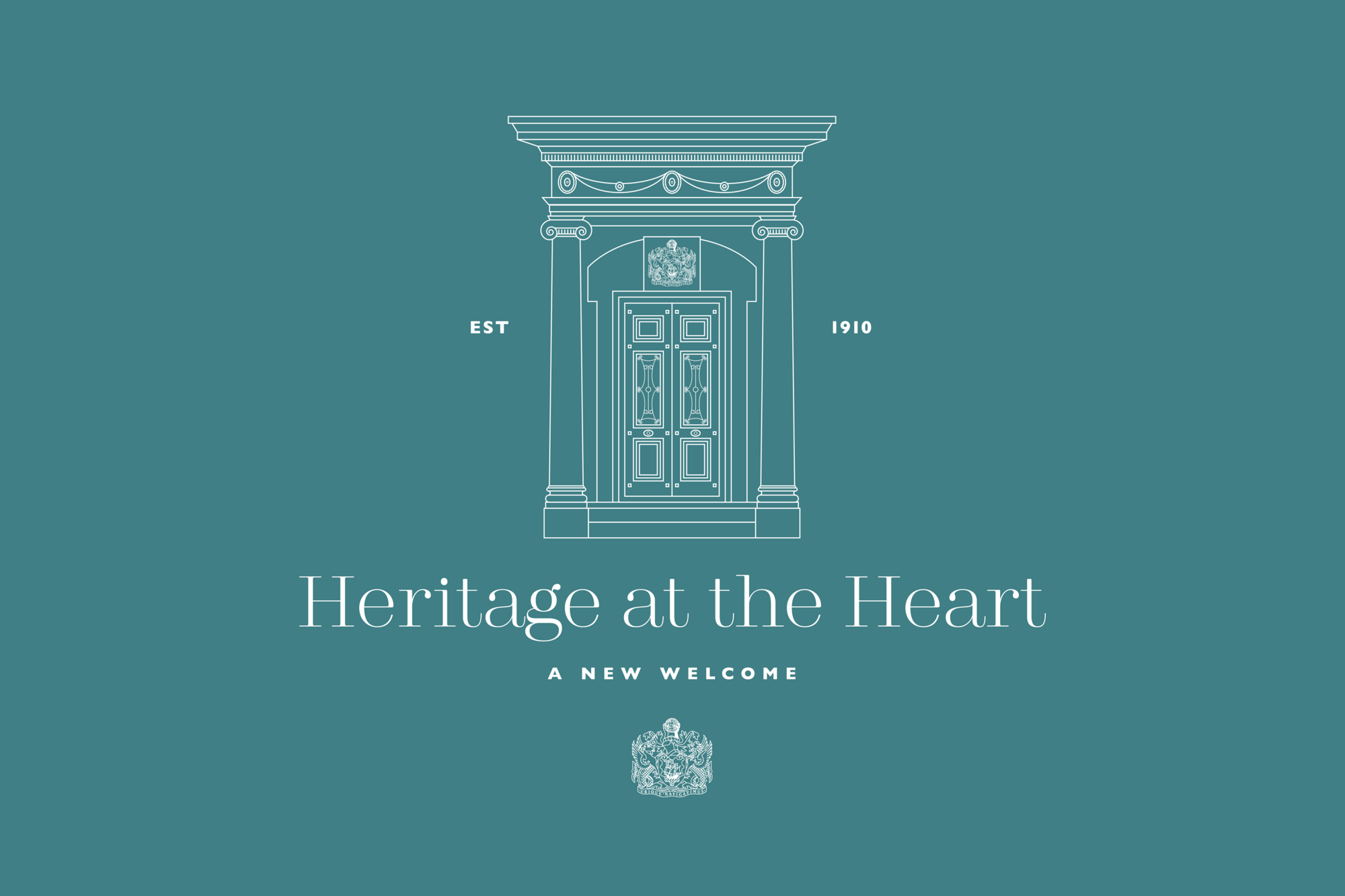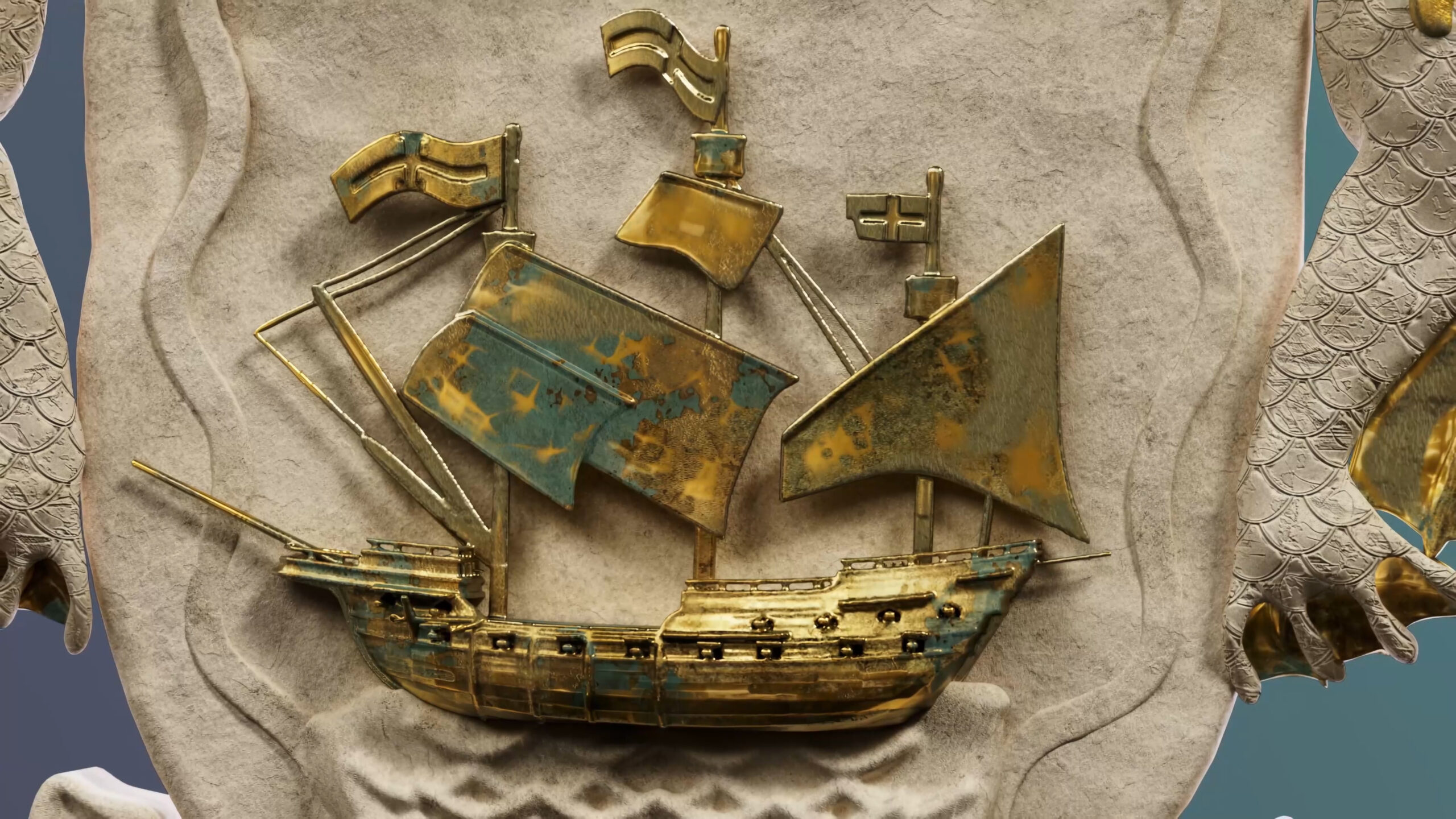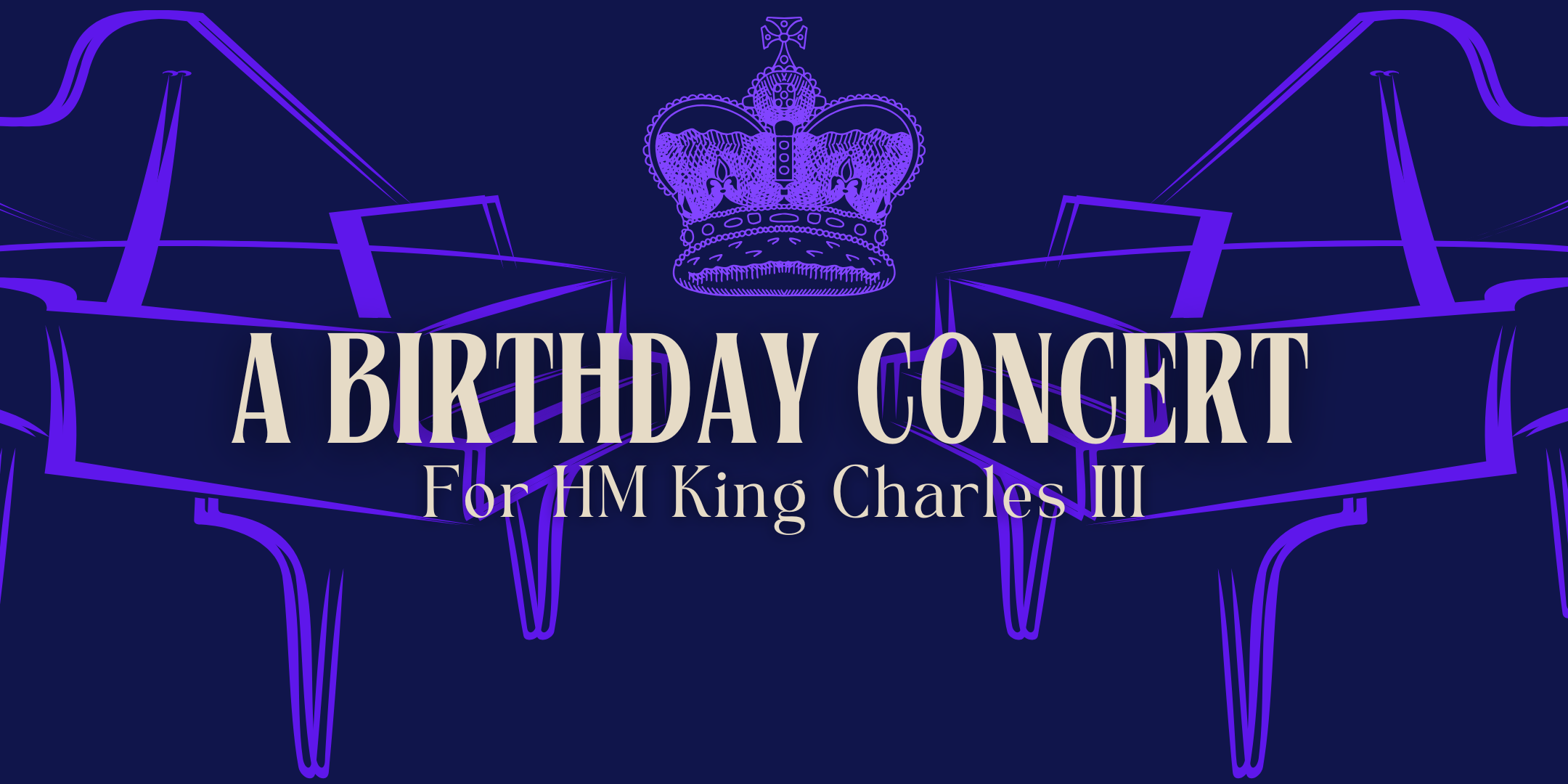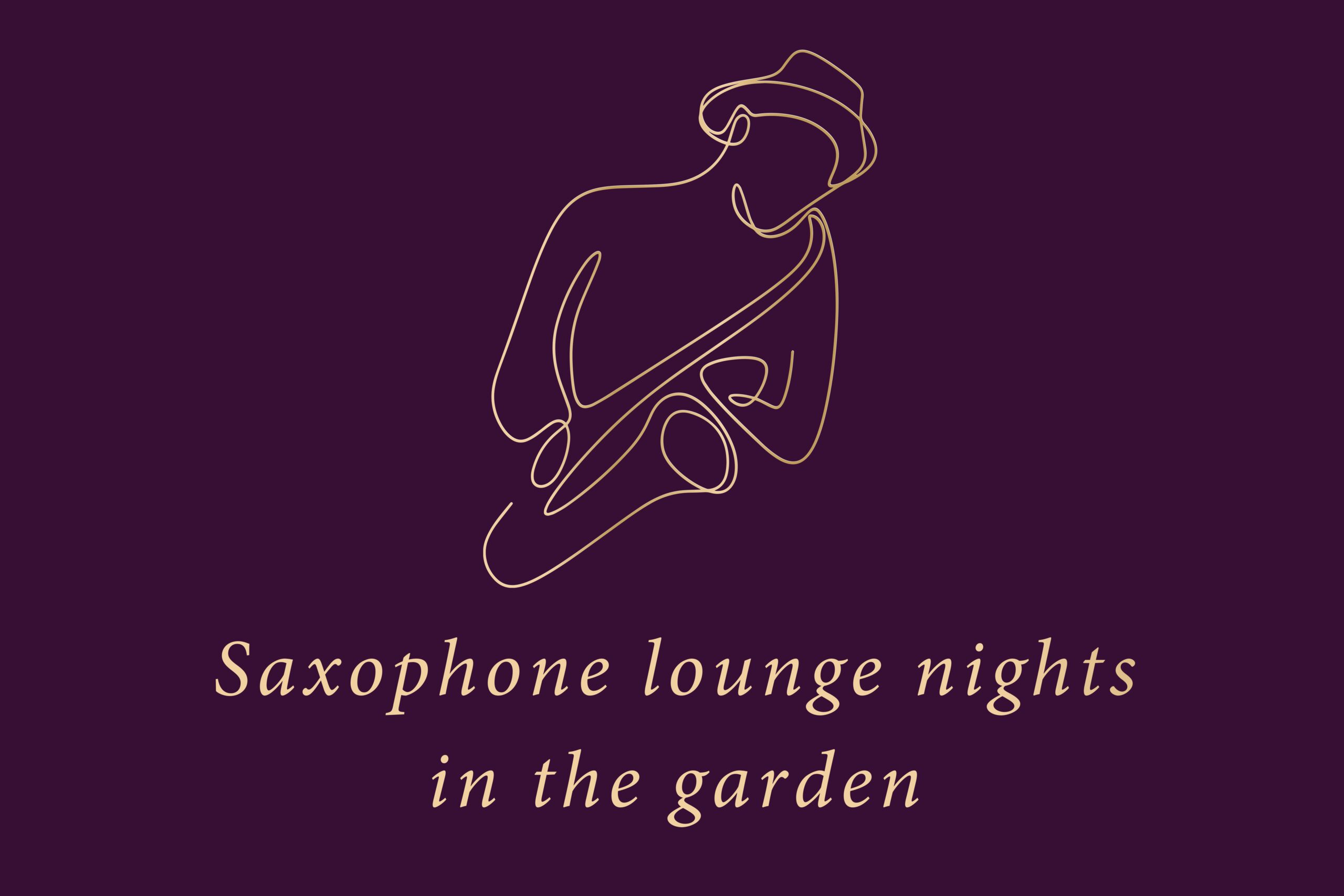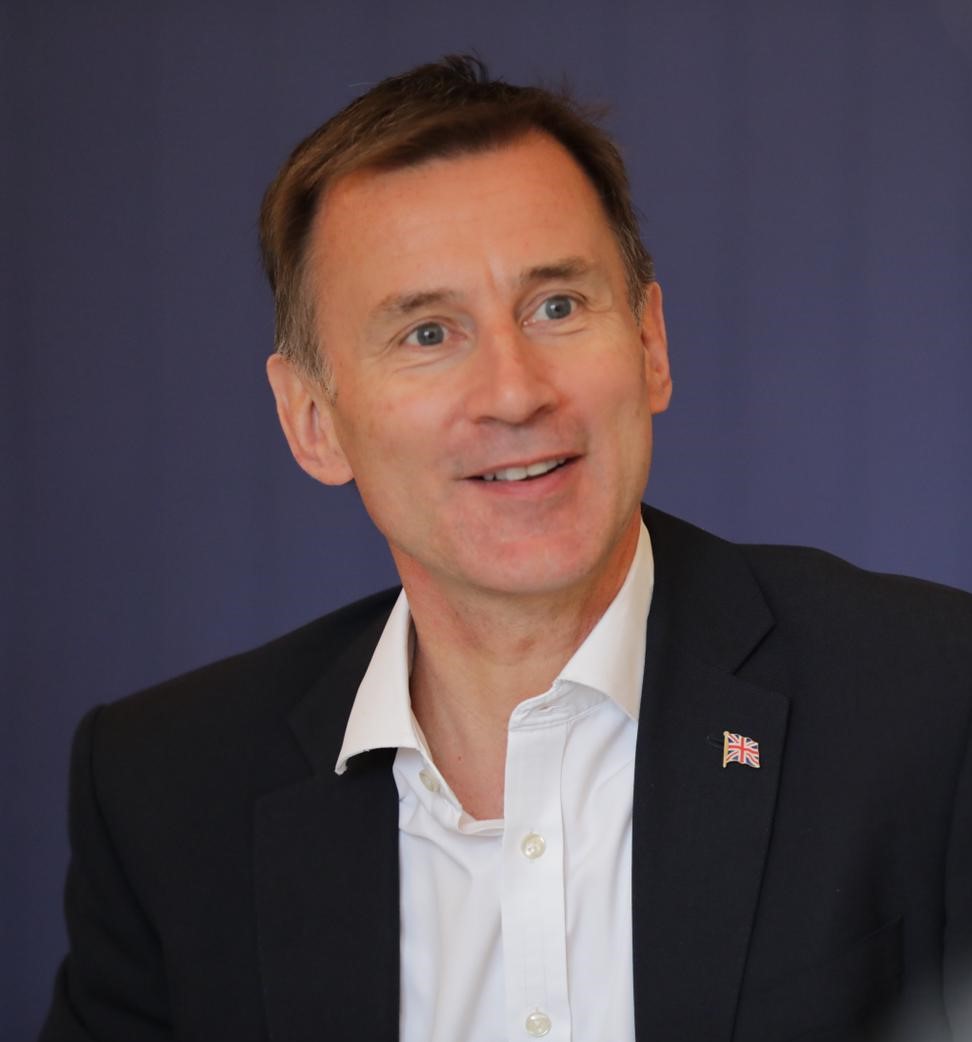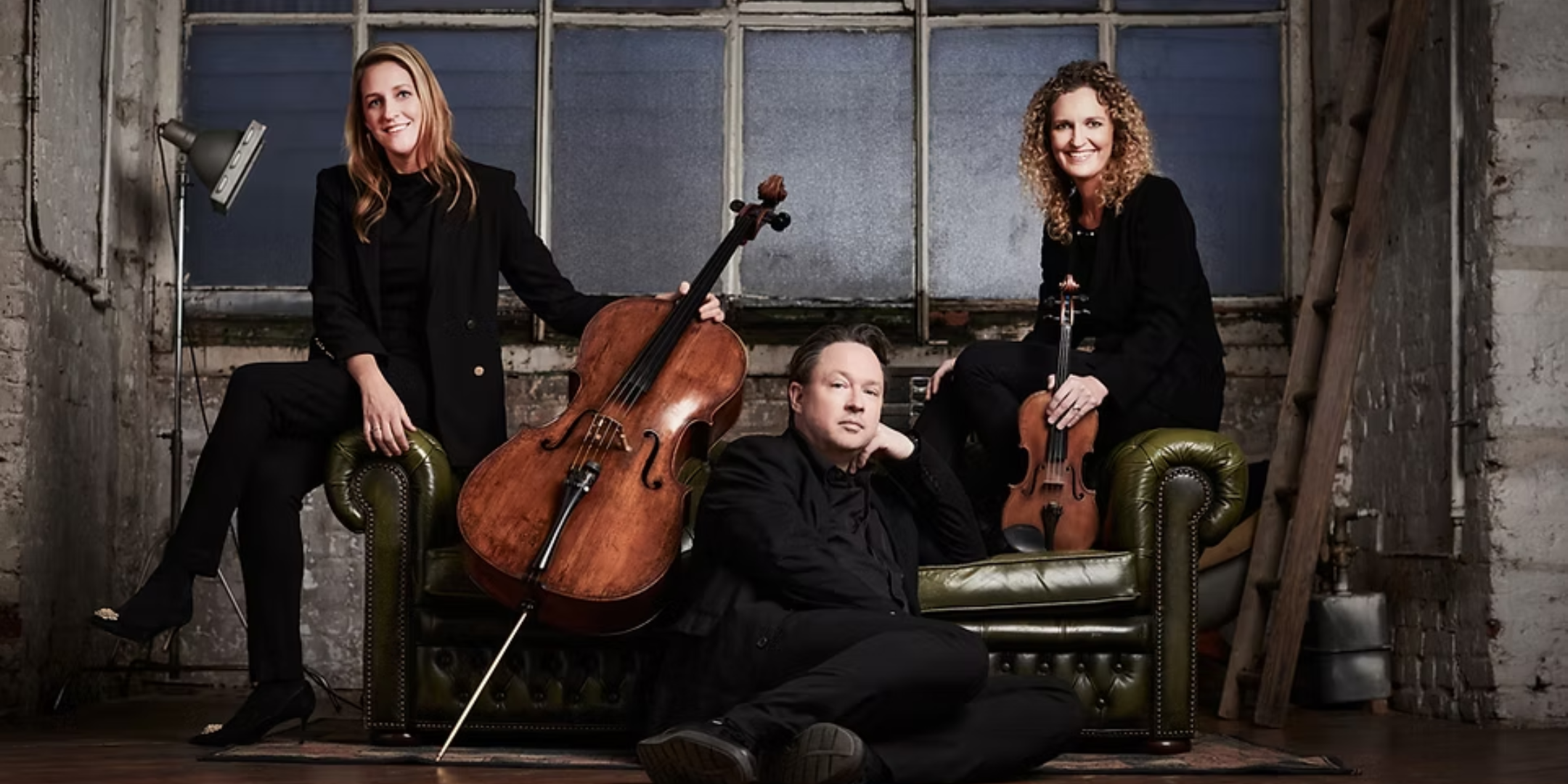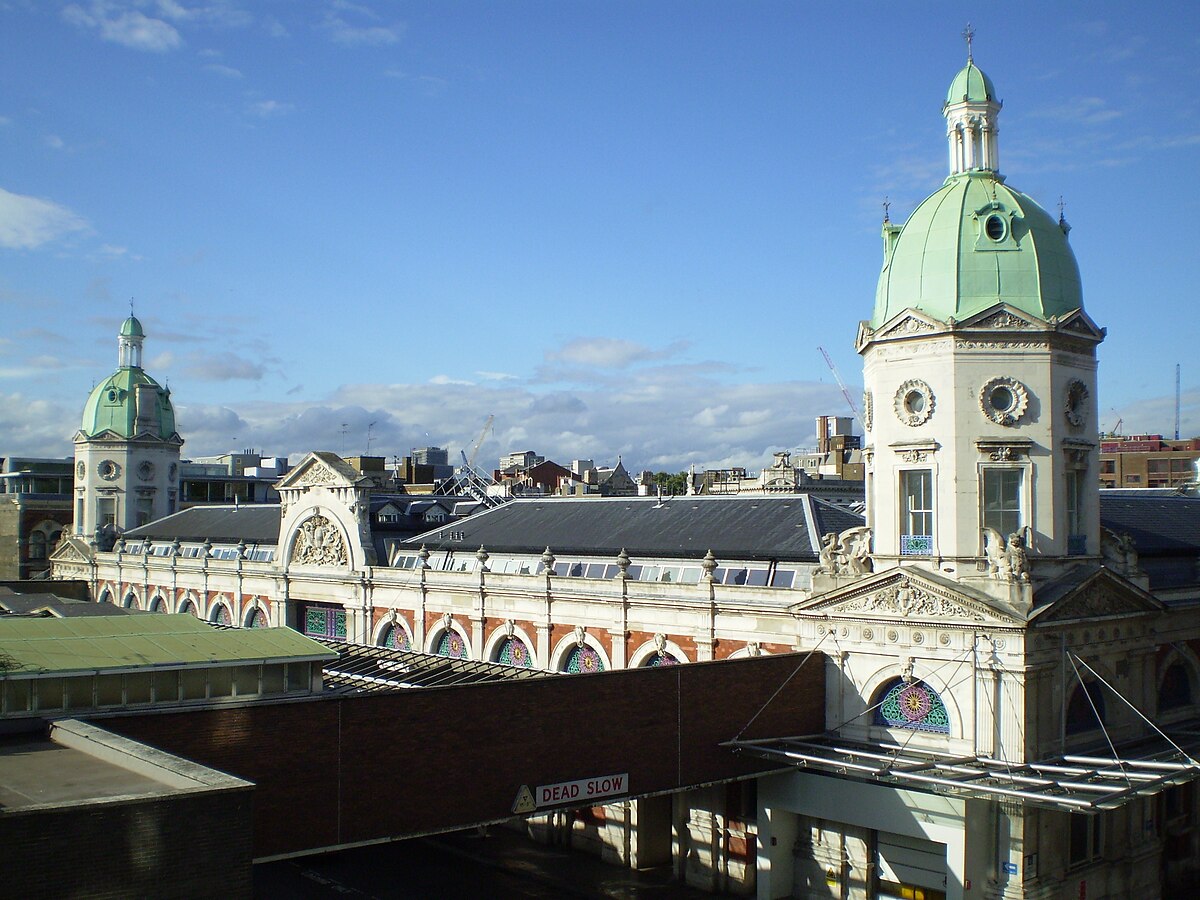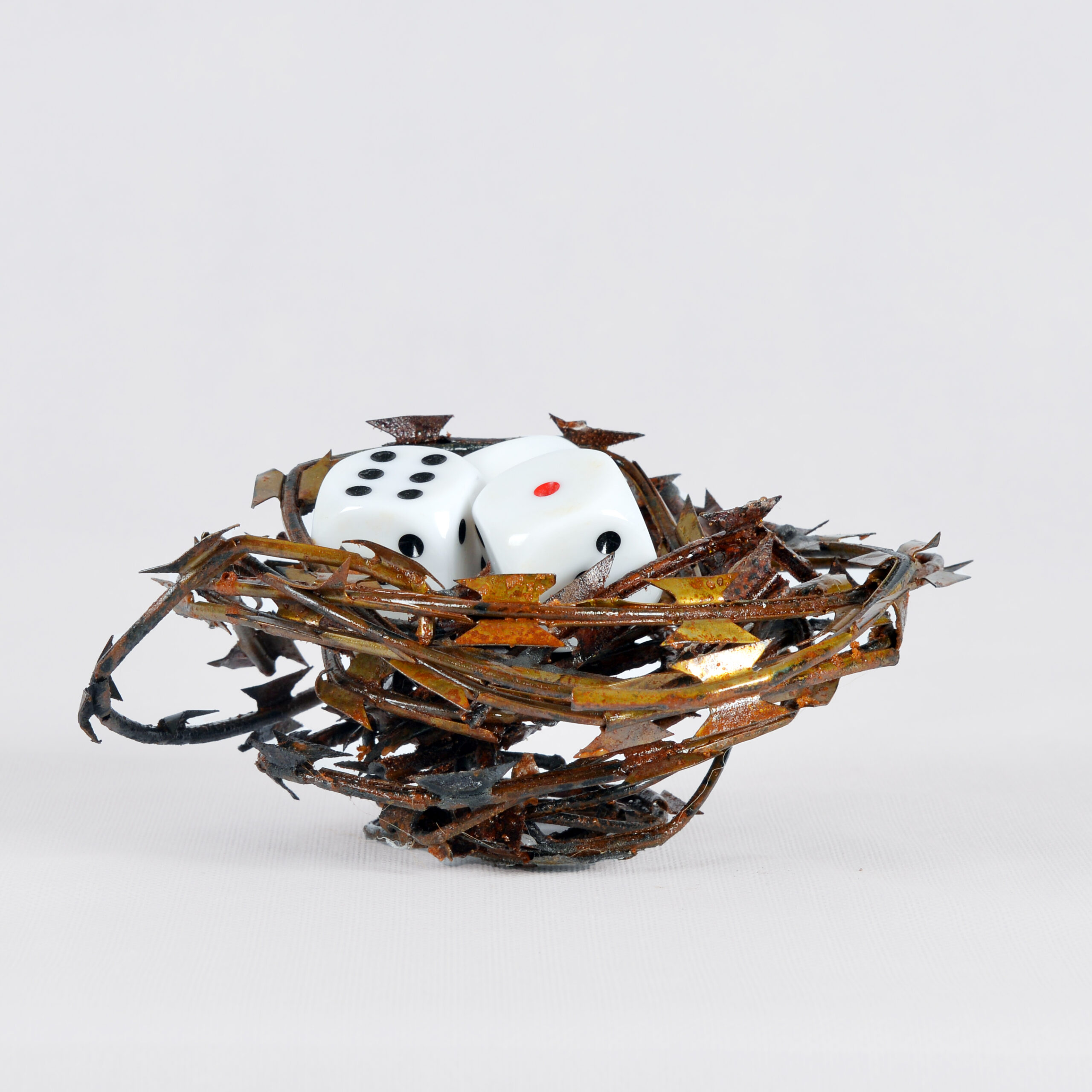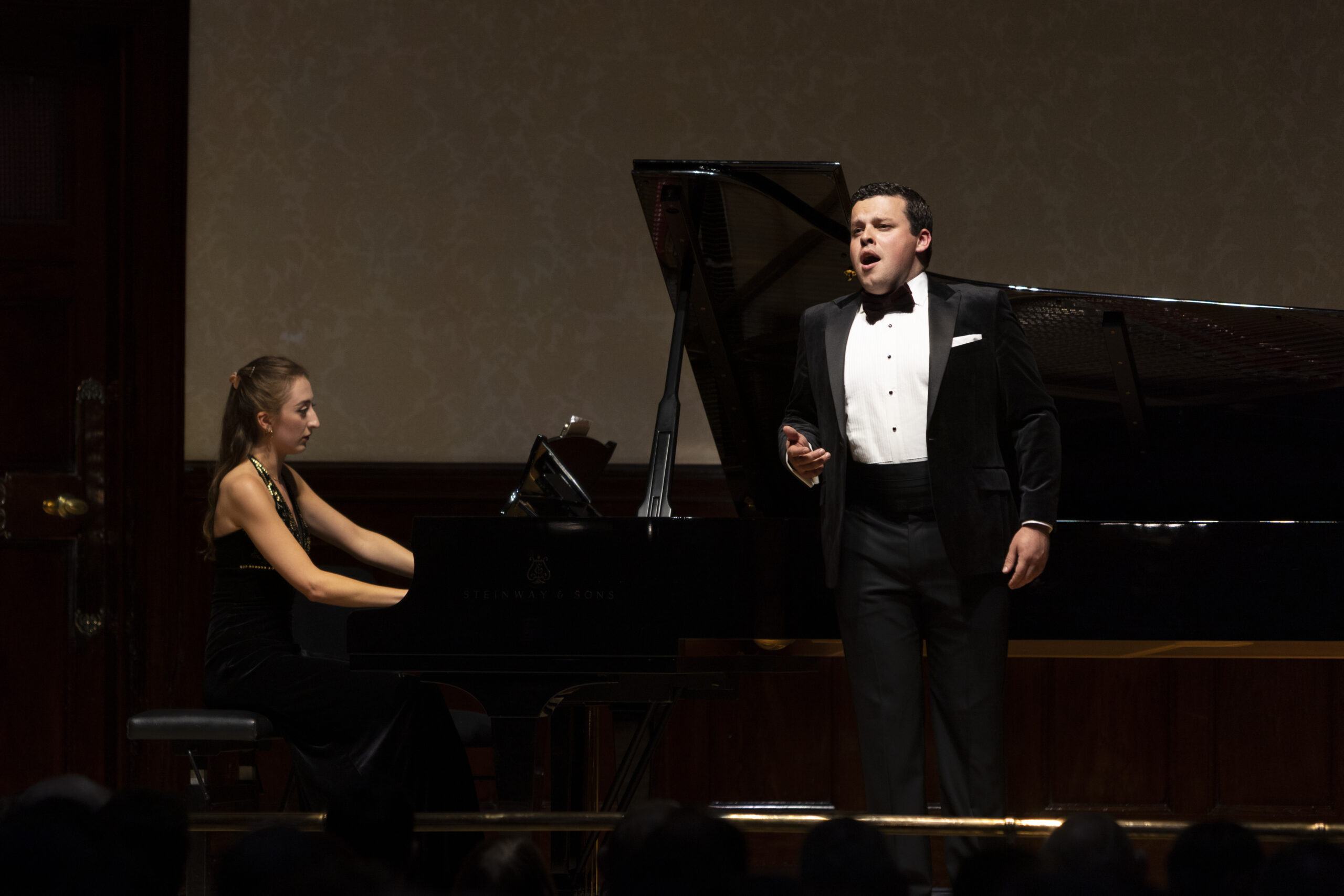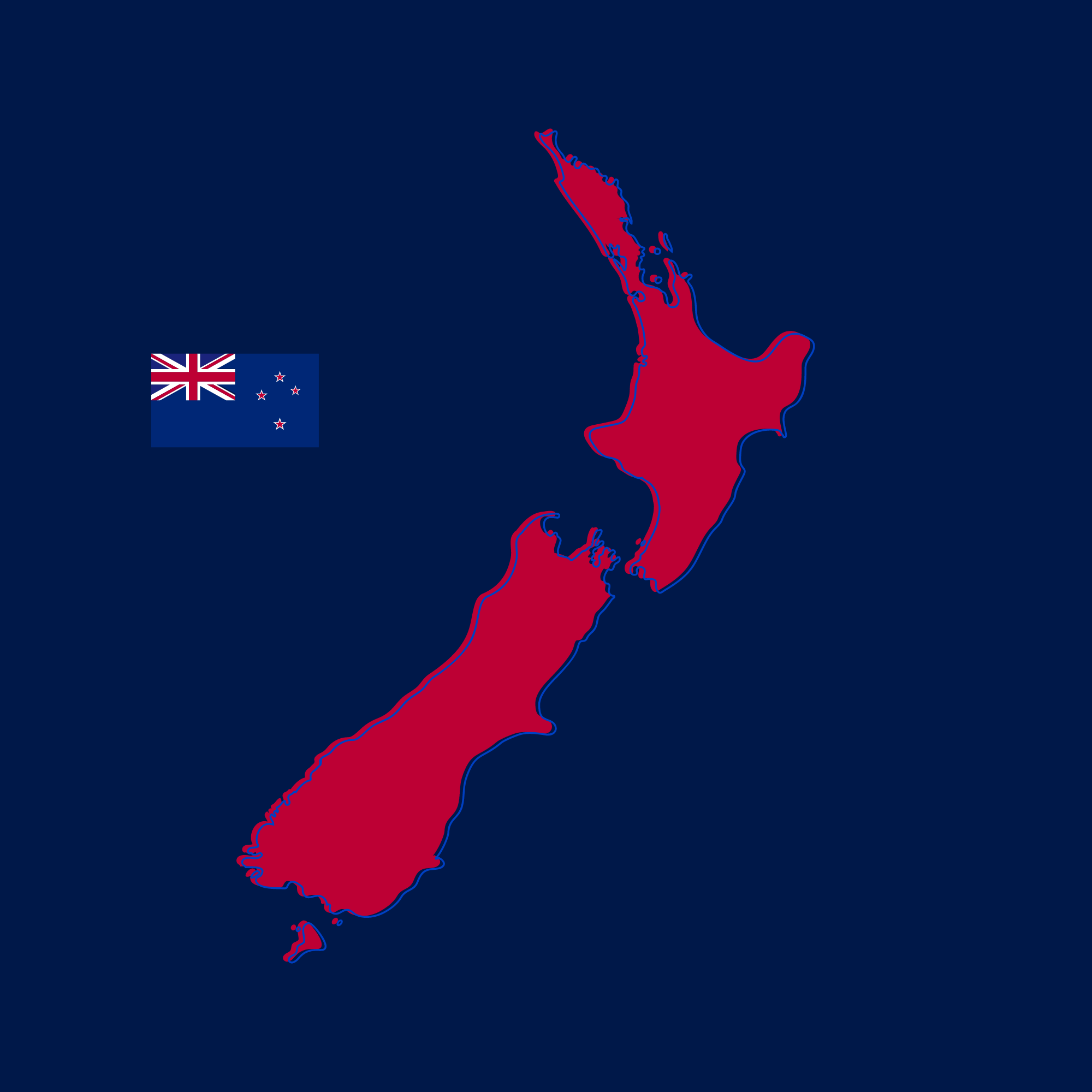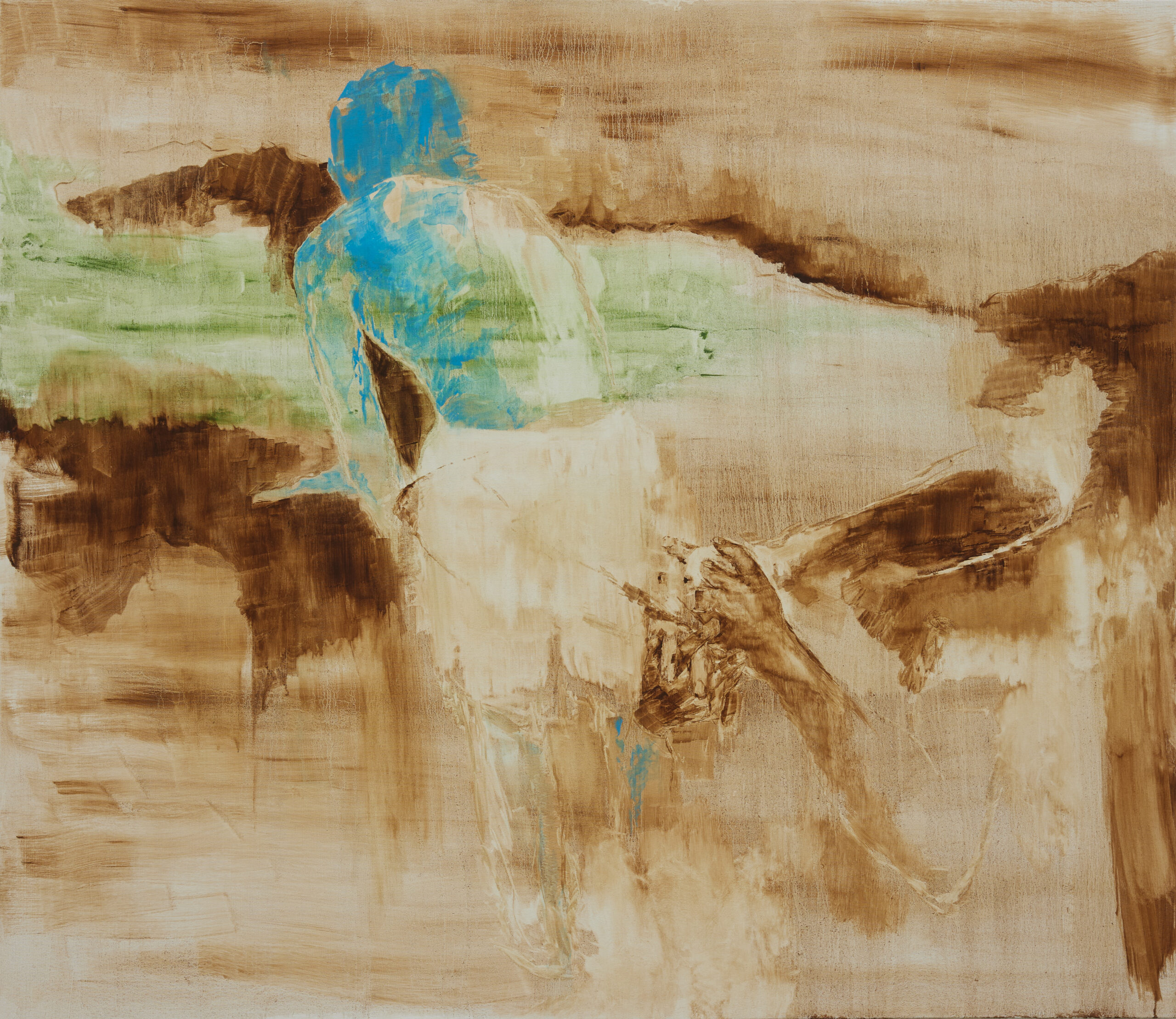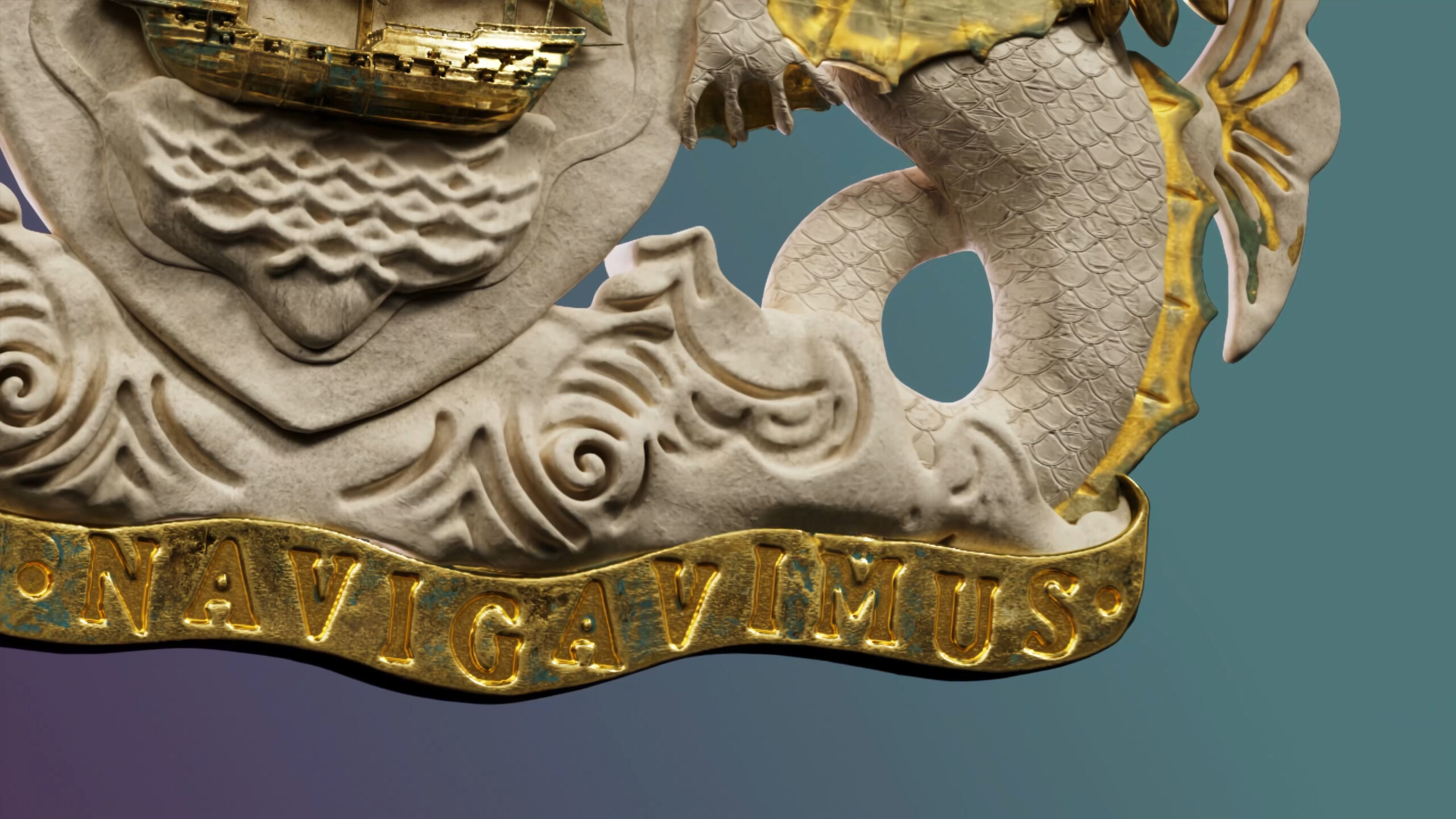- About Us
- Membership
- What’s On
- ROSL Events
- About Club Events
- Public Affairs
- Calendar of Events
-
Upcoming Events
-
A Birthday Concert for HM King Charles
Thu. 19 June - 18:30
![HM_Kings_Birthday_ROSL_ARTS_Concert]()
-
ROSL and RPO Concert and Talk
Mon. 23 June - 18:30
![ROSL_ARTS_RPO_Insight_event]()
-
Saxophone Lounge Nights in the Garden
Fri. 27 June - 18:30
![saxophone lounge live music]()
-
A Taste of South Africa: Summer Wines & Canapés
Wed. 02 July - 18:45
![la-brune-wines-south-africa-2]()
-
Public Affairs Series: Rt Hon Jeremy Hunt MP
Thu. 03 July - 18:30
![Jeremy Hunt picture]()
-
Mozart, Shostakovich and Brahms with the Aquinas Trio
Fri. 04 July - 18:30
![ROSL_Arts_MMSOL_Aquinas_Trio_Concert]()
-
London History Series: A Walk Through Medieval Smithfield
Wed. 09 July - 13:30
![Smithfield London]()
-
Exhibition Opening: Spaceshifting
Thu. 10 July - 18:00
![michelangelo]()
-
Annual Music Competition, Gold Medal Final 2025
Fri. 18 July - 19:30
![ROSL Annual Music Competition 2024 Wigmore Hall]()
-
NZ Concert & Garden Drinks
Mon. 21 July - 18:15
![ROSL_Pettman_Scholars_2024_Lorna_Madeleine_NZ_Concert]()
-

Overseas | Inside the Institute of Commonwealth Studies
26 January 2023
Director Professor Kingsley Abbott is an experienced international criminal and human rights lawyer with more than 20 years’ experience in international non-governmental organisations and the United Nations. He has developed and led numerous human rights and rule of law initiatives in Asia and around the world.
Kingsley, could you give readers an idea of the role of the ICWS and its aims?
The Institute brings people together to develop policy solutions and recommendations to address the many challenges facing the modern Commonwealth and the world, from inequality and climate change to conflict, emerging technologies and the rise of authoritarianism. We do this by working with States and the Secretariat, supporting civil society, and engaging with the Commonwealth’s extensive global networks, which have been developed over its long history. Our main areas of focus are strengthening the rule of law, combatting climate change, and promoting freedom of expression and digital rights. The Institute also offers several groundbreaking PhD and Masters programmes on human rights, including through distance learning, an impressive research library and a dynamic community of fellows.
You’re a criminal and human rights lawyer with more than two decades of experience in this field; how has your career prepared you for the challenges and opportunities that the role of Director of the Institute of Commonwealth studies represents?
It is a real honour to be entrusted with this role by the University of London. Since its inception in 1949, the Institute had a long history of engaging on many of the pressing issues of the day from apartheid in South Africa to the various decolonisation processes that took place around the world. Our ambitious aim is to harness the potential of the Institute to contribute towards improving the lives of those living throughout the Commonwealth and the world, together with our partners. I have had a varied, mostly international, career. I started off as a solicitor in Auckland, Aotearoa New Zealand. I then worked as a criminal barrister alongside a leading King’s Counsel, acting for both the defence and prosecution on a variety of matters from murder to terrorism. 17 years ago, I left Aotearoa New Zealand to work with the United Nations in Cambodia at the Khmer Rouge Tribunal, then as a prosecutor at the Special Tribunal for Lebanon in the Hague. Before joining the Institute, I spent nine years in Thailand, working as the Director of Global Accountability and International Justice for an international human rights NGO called the International Commission of Jurists. In this role I worked on different human rights and rule of law projects around the world, supporting civil society and victims, providing technical support to State justice sectors, carrying out human rights advocacy and working to develop international human rights standards and strengthen accountability mechanisms.
Governments are adopting increasingly extreme nationalistic, authoritarian and xenophobic polices which lead to violations of human rights
This work brought me into contact with different perspectives and people from all walks of life from ambassadors and politicians to the most vulnerable, including victims of serious human rights violations living in appalling conditions in refugee camps. The most inspirational people I have met are human rights defenders, often working tirelessly and at great personal risk to improve their societies. To be able to call some of them my friends has had the greatest impact on my life and worldview. These experiences taught me that one of the most powerful forces for positive change, peace and stability is a strong civil society at the national, regional and international levels, something that is often overlooked or forgotten, sometimes conveniently. As such, one of the Institute’s key aims will be to support civil society around the world, including by helping facilitate civil society engagement with policymakers. Another experience that has been ever-present in my work has been the prevalence of the many unequal power structures that exist, some of which are manifest in the Global North and Global South divide. The Institute will use its unique position to bridge this divide by exploring ways to engage and mentor early to mid-career people living in the Global South (and smaller countries) working in different sectors, including through our fellowship programme.
What are the biggest challenges facing the Commonwealth in the coming decades in your view (e.g climate change, political instability…) and how can the institution overcome them?
I believe the concerns of the world are the concerns of the Commonwealth, given that it is home to 2.5 billion people. The world is in a considerable state of flux and instability right now at a time when greater cooperation and solidarity is needed to address our many shared challenges such as economic, social and political inequality, climate change, conflict, emerging technologies and the global pandemic. At the same time, the rule of law, which is critical to the realisation of other priorities, such as sustainable development and the protection of the environment, is also under attack. Governments are adopting increasingly extreme nationalistic, authoritarian and xenophobic policies which lead to violations of human rights and the suppression of human rights defenders, civil society and marginalised and vulnerable groups. We are also witnessing the scourge of conflict and impunity for serious human rights violations in almost every corner of the world. Global South countries are concerned at the concentration of wealth in the Global North and are calling for greater, meaningful, contributions toward development. The makeup of the Commonwealth and its global networks puts it in a unique position to engage on many of these challenges.
To explore ways of supporting the Institute as it tackles these issues visit www.commonwealth.sas.ac.uk
